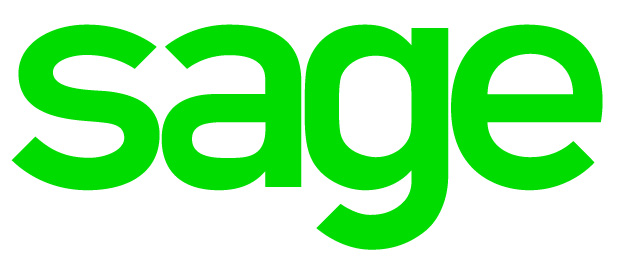What are alphabet shares?
Most small companies are set up with a number of Ordinary shares, let’s say a 100 shares in this example.
If there are two equal shareholders, John and Mary, they would each receive 50 shares.
In most cases, the rights of the ordinary shares – in this 50:50 example – would entitle the shareholders to receive equal amounts of any declared dividends, equal voting rights and an equal share of any disposal proceeds if the company was sold via a share sale.
So far so good. But what if the shareholders wanted to vary these rights but still retain their 50% shareholding? For example, what if Mary wanted to reduce her involvement in the business and take a lower dividend? If the present arrangement was to take £2,000 a month each in dividend payments and the new arrangement was for Mary to have a reduced payment of £1,000 and John to continue taking £2,000, this would not be possible without setting up a complicated dividend waiver arrangement and risking challenges by HMRC under the settlements legislation.
A much simpler way to deal with this issue is to reclassify the shareholdings so that Mary would have 50 A Ordinary Shares and John have 50 B Ordinary shares. The rights attached to each share class could maintain the equal voting rights and equal rights to participate in any business sale but allow for variable dividend rights.
In this way the two shareholders could accommodate an unequal dividend payment without the need for complex dividend waivers or the risk of triggering the settlements legislation.
These A, B, C, D, share classifications are particularly useful if parents want to involve their over 18s children in the business, don’t want them to have voting rights but do want them to receive dividends.
If you think this type of arrangement would suit your future plans please call so we can discuss your options.
Latest News
- More regulation for trader recommendation sites - July 23, 2024
- Back to work plan - July 22, 2024
- How will Rachel Reeves change UK taxation? - July 18, 2024
- Government is using AI - July 16, 2024
- Remember to pay your Class 1A NIC - July 11, 2024
- Beware business rates appeals deadlines - July 9, 2024
- Tax Diary July/August 2024 - July 5, 2024
- Filing your tax return early - July 5, 2024






